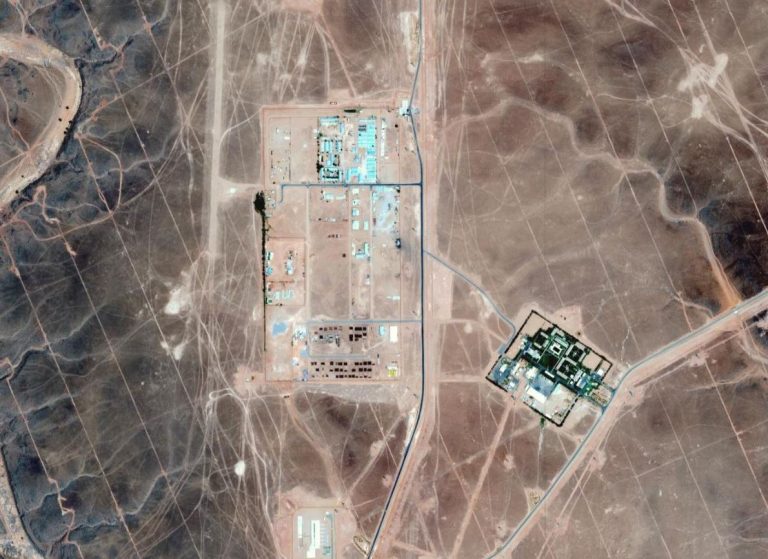In today’s volatile global economy, Libyan banks face unprecedented challenges marked by escalated geopolitical tensions and economic uncertainties. The banking sector, traditionally a cornerstone of stability, is now navigating a landscape where traditional risk management paradigms are being questioned and the emergence of non-regulated ‘shadow banking’ sectors is reshaping the financial ecosystem. This article explores how Libyan banks can adapt and implement forward-looking risk management strategies to navigate these complexities effectively.
Understanding the New Landscape of Banking Risks
The shift towards a stringent supervisory model in global banking has been driven by the need to manage elevated risks more effectively. However, this shift also inadvertently nudges some business activities into less regulated, shadow banking sectors. These entities, operating outside traditional regulatory frameworks, often carry obscured risks that are not as well understood or monitored. This displacement of risk highlights the necessity for Libyan banks to find a balanced approach that ensures robust supervision without stifling innovation.
The Shift in Interest Rate Environments
Libyan banks are also adjusting to a new normal in interest rate levels. After a prolonged period of low to negative interest rates, the global shift towards higher, more ‘normal’ rates presents both challenges and opportunities. For instance, the recent swift hikes in interest rates, unforeseen in many stress tests including those by the European Central Bank (ECB), have created a new dynamic where banks must rapidly adapt their strategies to manage the associated risks effectively.
Forward-Looking and Proactive Risk Management
To navigate this complex environment, Libyan banks must enhance their risk management frameworks to be both forward-looking and inclusive of potential unexpected risks. Key strategies include:
- Comprehensive Risk Assessment: Banks need to continually assess and anticipate potential risks in both the regulated and shadow banking sectors. This involves not only understanding the risks inherent in their operations but also those in the broader financial ecosystem, including geopolitical and economic uncertainties.
- Adaptive Business Models: The changing interest rate landscape requires banks to re-evaluate their business models. They must ensure that these models are resilient enough to withstand fluctuations and are not solely reliant on outdated assumptions about interest rate levels.
- Focused and Strategic Vision: In an era where no institution can address every market need, Libyan banks should focus on their core strengths. By honing in on areas of expertise, banks can not only improve efficiency but also enhance their competitive edge in those segments.
- Diversification of Services: Diversification is increasingly crucial in spreading risk. By expanding their service offerings and not overly concentrating on one line of business, banks can create internal hedges against sector-specific downturns and enhance their overall stability.
Implementing the Strategy
Implementing these strategies requires a multifaceted approach:
- Training and Development: Staff at all levels should receive training on the latest risk management practices and tools. This builds a culture of risk awareness and ensures that risk management is an integral part of the bank’s operational ethos.
- Technology Investment: Leveraging advanced analytics and financial technology can provide deeper insights into risk trends and help manage them proactively. Investing in technology is essential for real-time risk monitoring and decision-making.
- Regulatory Compliance and Dialogue: Continuous engagement with regulators will help ensure that Libyan banks not only comply with existing regulations but also influence future legislative frameworks that affect their operations.
- Crisis Management Preparedness: Establishing robust crisis management protocols will prepare banks to act swiftly and effectively in mitigating risks as they materialise.
Conclusion
As the banking sector in Libya evolves amidst heightened global economic and geopolitical risks, adopting a forward-looking risk management strategy becomes imperative. By focusing on robust risk assessment, adaptive business models, strategic focus, and diversification, Libyan banks can navigate uncertainties more effectively. This proactive approach will not only safeguard their immediate interests but also position them for long-term resilience and success in a rapidly changing world.



